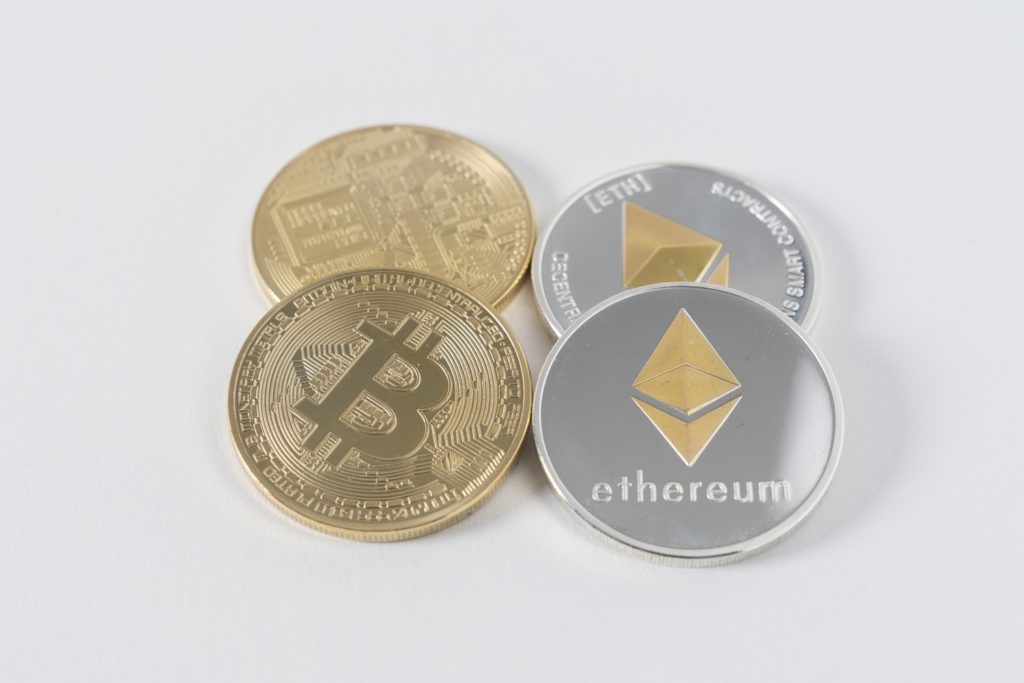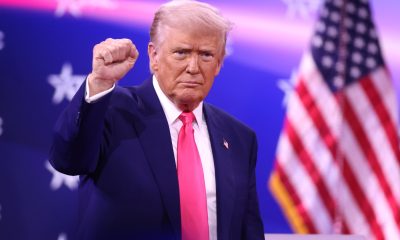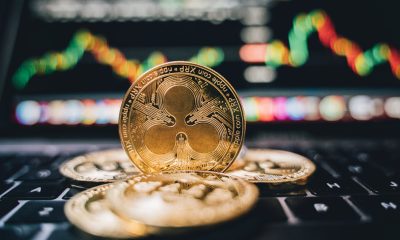Crypto
The status of crypto in US and China
Policies in the United States and China when it comes to cryptocurrencies are affecting the progress of the blockchain technology adaptation.

The policies of the United States and China are in the headlines daily. The policies that the two countries enforce regarding trade and finance have a ripple effect that is felt by all nations. Major corporations in both nations hold the majority of patents in respect to blockchain technology. If the blockchain is the key to globalization:
-
How will these two financial superpowers interact?
-
Will the digital relationship be full of national financial power plays?
-
Will the relationship become similar to a chess match with pieces that move around the board issuing threats of trade wars, and players unwilling to accept a draw?
-
Will one side have to be victorious over the other?
-
Or will it evolve into something that truly facilitates global trade? A system where the best products sell the most no matter where they are manufactured.
What is apparent in both countries are the restrictions limiting the participation of the general public in crypto products. The United States has placed restrictions regarding participation on some crypto products according to the wealth of the investor. China has restricted new crypto-based businesses from opening, with extreme emphasis on the word ‘new.’ They have also effectively banned all Chinese citizens from participation in crypto products within the borders of China.
In the United States, the crypto products that have restrictions imposed on potential investors are Initial Coin Offerings (ICOs)
and the approval of Exchange Traded Funds (ETFs). Because of the Return On Investment objectives associated with ICOs, Initial Coin Offerings have been categorized as securities by the regulatory body that oversees instruments of investment, the Securities and Exchange Commission (SEC). As a result, issuers of ICOs are reluctant to provide or comply with the amount of documentation required to be approved as a security within the US.
ICO issuers have offered their newly defined securities to qualified investors in the US as privately placed securities. The requirements to offer securities under private placement regulations are less stringent but limited to millionaires only. The majority of Americans are unable to participate in that type of investment opportunity.
Market making enterprises like Goldman Sachs, Fidelity Investments, and CBOE Global Markets that see the potential revenue opportunity, are pursuing the addition of cryptocurrency ETFs to the array of investment securities that can be offered to retail investors within America. The size of the investor pool related to cryptocurrencies could be huge, yet it is still an unknown, one thing is for sure major market makers in America want to be involved.

China has banned the involvement of its citizens in crypto products. (Source)
Over in the east, we have the nation of China with the largest population of consumers on the planet.
The development of the crypto sector is quite interesting there. China has banned the involvement of its citizens in crypto products. Although corporate entities involved in cryptos before the ban like Bitmain, Canaan, and Ebang have been allowed to stay in business. The three companies mentioned are primarily involved in the manufacturing of Application Specific Integrated Circuits (ASICs). They are also major players in the mining of Bitcoin.
Bitmain claimed they controlled as much as 50 percent of the hashrate involved in the production of Bitcoin. What does that mean? It means of the 12.5 Bitcoins produced every ten minutes Bitmain controlled 6.25 of them. This position was held for a reasonable period of time, possibly all of this year. This one fact means that Chinese business interests regarding Bitcoin are very high. The monetary value of their interest is in the billions of dollars. That also means a select group of Chinese businessmen are major players in the crypto market that most Chinese citizens don’t have local access to.
Both nations possess an extremely large population of potential investors. This group of investors can have a major impact on the cryptocurrency market when they are allowed to be involved in more aspects of cryptocurrency investment opportunities. Market makers in America are well aware of this group of investors. The Chinese businessmen that maintain a controlling interest in Bitcoin are aware of this group of potential investors as well. There’s an old psychology trick that can apply to this group. “If you tell people they can’t have something even if they don’t need it they will want it.” A demographic of interested investors is being created.
It’s also possible to relate to this new group of investors as chickens in a chicken coop protected by a fence. The American market makers and Chinese Business conglomerates that can control large stakes in Bitcoin can be looked at as foxes digging a hole under the fence. The chickens are there to be feasted on, but they are just out of reach. The tunnel under the fence is close to being completed. The SEC has stated they will make final rulings on ETF applications by the 1st or 2nd quarter of 2019. It would then be expected for the Chinese to counter that move and have a product ready for retail investors as well. It’s a waiting game, while the crypto market unfolds. Which side will you be on? Will you be with the chickens or with the foxes?
—
DISCLAIMER: This article expresses my own ideas and opinions. Any information I have shared are from sources that I believe to be reliable and accurate. I did not receive any financial compensation for writing this post, nor do I own any shares in any company I’ve mentioned. I encourage any reader to do their own diligent research first before making any investment decisions.

-

 Markets3 days ago
Markets3 days agoWeather-Driven Supply Outlook Lifts Coffee Markets in Brazil and Vietnam
-

 Markets1 week ago
Markets1 week agoCotton Market Weakens Amid Demand Concerns and Bearish Trends
-

 Business1 day ago
Business1 day agoTopRanked.io Weekly Affiliate Digest: What’s Hot in Affiliate Marketing [Best Technology Affiliate Programs]
-

 Fintech1 week ago
Fintech1 week agoFintech Alliances and AI Expand Small-Business Lending Worldwide























You must be logged in to post a comment Login